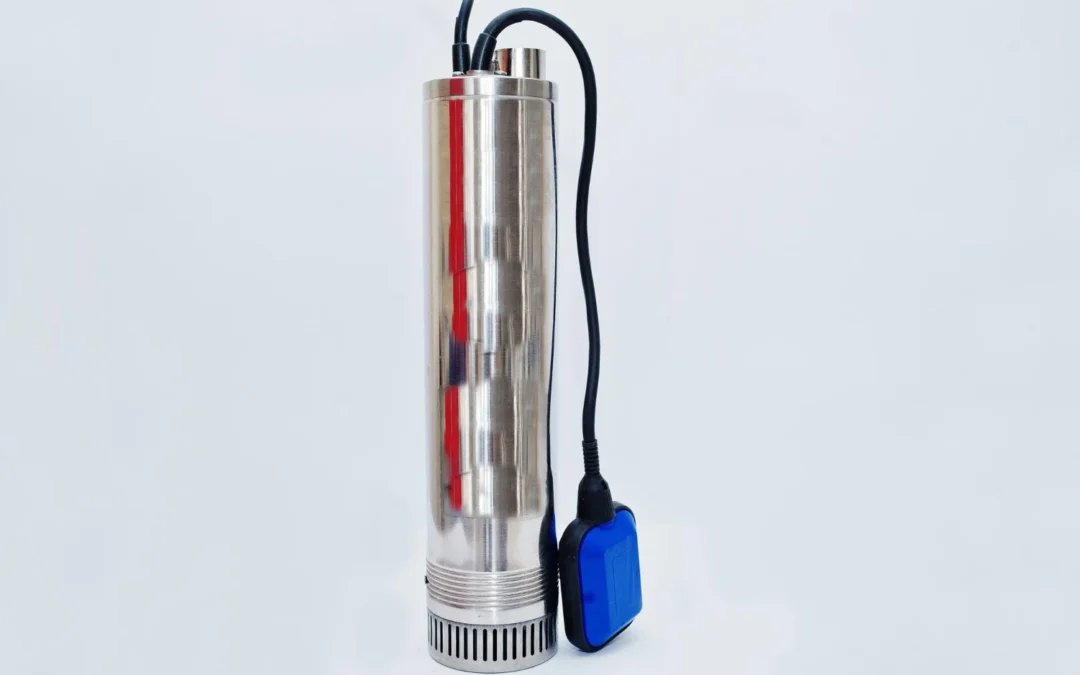Your sewage pump plays a crucial role in managing wastewater and keeping your home or business running smoothly. Like any other piece of machinery, it requires regular maintenance and occasional servicing to ensure its optimal performance. Ignoring the signs that your sewage pump needs servicing can lead to severe problems, including costly repairs and even system failure. In the following sections, we’ll delve deeper into more signs that your sewage pump needs servicing and what you can do about them.
Recognising Unusual Noises from Your Sewage Pump
Unusual noises coming from your sewage pump can be one of the first signs that something is wrong. Normally, a pump should operate with a steady and low sound. If you start hearing loud banging, grinding, or high-pitched squealing, it’s time to investigate.
Loud banging noises often indicate that something is stuck in the impeller. This can be debris like rocks or wipes that have found their way into the system. You should turn off the pump and check the impeller for obstructions. Grinding noises, on the other hand, usually point to worn-out bearings or other mechanical components that need replacement.
A high-pitched squeal often suggests that the motor is struggling due to electrical issues or that components need lubrication. To address this, ensure all moving parts are well-oiled and check the electrical connections for any signs of wear or damage.
Identifying Decreased Performance and Inefficiency
Changes in the performance of your sewage pump are indicative of underlying problems. One of the main signs of decreased performance is a reduction in the flow rate, meaning the pump is no longer moving water as efficiently as it used to. This can be caused by blockages in the pipes or a clogged impeller, both of which obstruct the flow of wastewater.
Another sign of inefficiency is the pump running for longer periods. If you notice the pump running longer than usual to complete its cycle, it may be struggling with a blockage or working harder due to worn-out parts. Check the impeller and pipes for debris and ensure that the pump’s components, like seals and bearings, are in good condition.
In some cases, decreased performance can be a result of electrical issues. If the motor isn’t receiving consistent power, it can struggle to maintain optimal performance. Use a multimeter to check the electrical connections and voltage. Regularly maintaining and inspecting these areas can help you identify and fix issues before they become major problems.
Spotting Leaks and Moisture Buildup
Another critical sign of trouble in your sewage pump system is the presence of leaks and moisture buildup. These can lead to significant problems if not addressed promptly. Spotting leaks early can save you from costly repairs and potential system failures.
Leaks are often visible around joints and seals. You may notice wet spots on the ground or water dripping from the pipes. Inspect all the connections and seals in the system. Tighten any loose fittings and replace worn seals to stop the leaks.
Moisture buildup is another red flag that should not be ignored. If you see moisture accumulating around your pump, it indicates that there might be a leak somewhere. Prolonged moisture can lead to rust and corrosion, which will eventually damage the pump components. Wipe down any moisture and check for its source. Using a moisture meter can help detect hidden moisture that isn’t visible to the naked eye.
If you spot any signs of leaks or moisture buildup, take immediate action. Fix the leaks and dry the affected areas to prevent further damage. Regular inspections can help you catch these issues early, ensuring the optimal performance of your sewage pump system.
Monitoring for Frequent Cycling and Electrical Issues
Frequent cycling of your sewage pump and electrical issues are signs that something might be amiss. Monitoring these aspects of your pump can help you identify when to take action.
Frequent cycling refers to the pump turning on and off more often than usual. This can be caused by a few factors such as a faulty float switch, an incorrect pump size, or blockages in the system. Check the float switch to ensure it moves freely and isn’t obstructed. Make sure the pump is the right size for your needs by comparing its specifications with your system’s requirements. Clear any potential blockages that could be causing the pump to work harder.
Electrical issues are also common and can be indicated by inconsistent operation or the pump failing to start. Use a multimeter to check the voltage and ensure a steady power supply to the pump. Examine electrical connections for wear or damage and ensure that all components are securely connected.
Conclusion
Maintaining your sewage pump is essential for its efficiency and longevity. By recognising unusual noises, identifying decreased performance, spotting leaks, and monitoring frequent cycling and electrical issues, you can keep your system running smoothly. These proactive measures will help you avoid major breakdowns and costly repairs.
For comprehensive and reliable sewage pump servicing and repairs, look no further than A&C Pumps Ltd. Our experienced team is ready to provide expert solutions tailored to your specific needs. Contact us today for top-notch service and keep your sewage pump system in optimal working condition!

